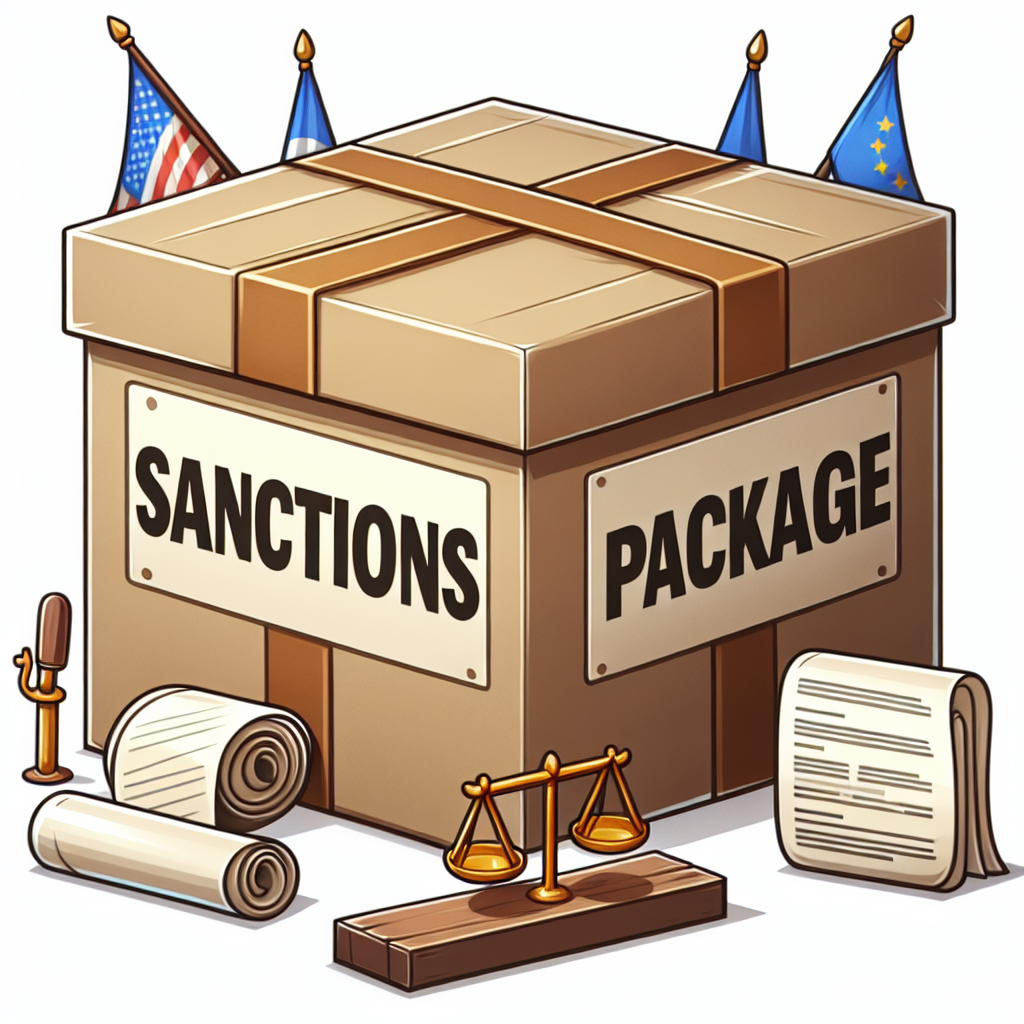EU Tightens Grip: New Sanctions Target Russian Oil
The European Union agreed on its 18th package of sanctions against Russia, targeting the oil and energy industry with a new price cap on Russian crude. Despite past price cap inefficacies, the EU attempts to curb Russian exports and revenues. Diverging interests pose challenges to full enforcement.

The European Union has approved an 18th series of sanctions against Russia, aiming to weaken its oil and energy industry further. The sanctions introduce a dynamic price cap on Russian crude, set to 15% below its market average, with hopes of enhancing the largely ineffective $60 cap from December 2022 imposed by the Group of Seven.
Kaja Kallas, EU foreign policy chief, declared on social media platform X that the latest sanctions are among the strongest yet against Russia. Despite this, Russia continues to sell its oil above the previous price cap. Traders remain skeptical about the potential impact of the new sanctions on Russia's oil exports.
This package also includes bans on transactions related to Russia's Nord Stream gas pipelines and financial sector. Meanwhile, U.S. reluctance to join the EU's efforts to enforce the price cap, coupled with different national interests within the EU itself, complicates enforcement measures.
(With inputs from agencies.)
ALSO READ
REFILE-UPDATE 4-Trump, Putin reiterate positions on Ukraine war in phone call, Kremlin aide says
UPDATE 4-Trump, Putin reiterate positions on Ukraine war in phone call, Kremlin aide says
China fears US will turn focus on it if Russia suffers defeat in Ukraine war: Report
U.N. Migration Chief Warns of Aid Shortfalls Amid Ukraine War Fatigue
Russia-Ukraine War: A Grim Exchange of the Fallen










